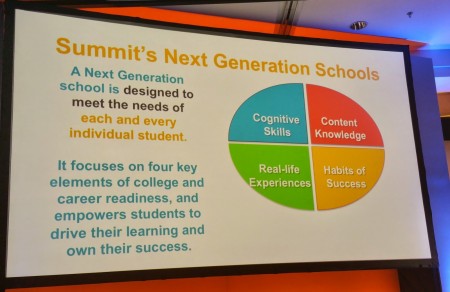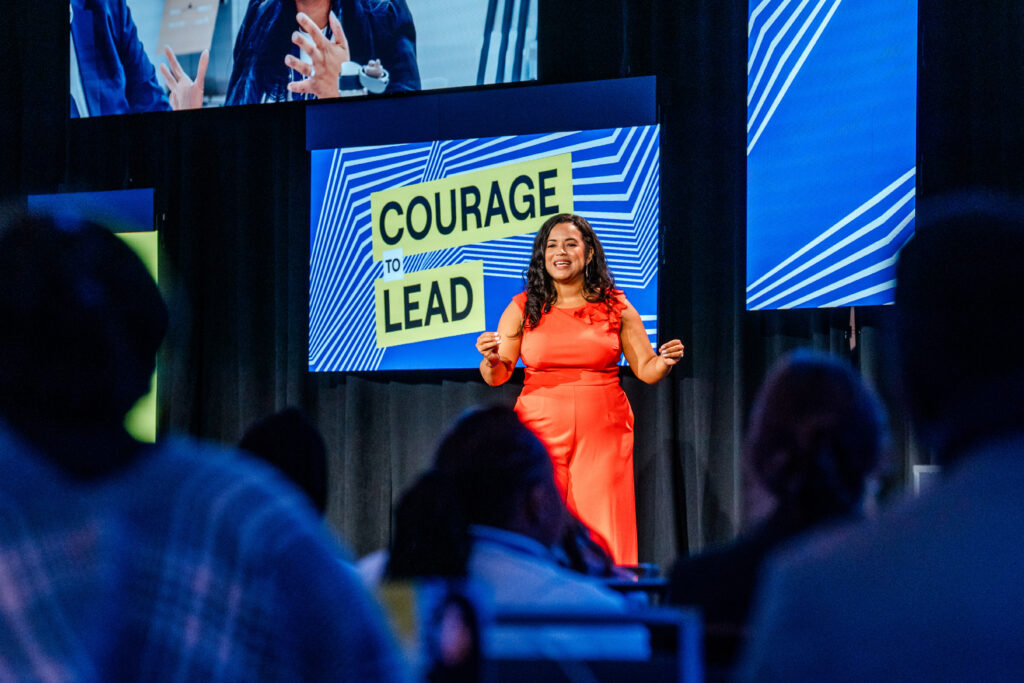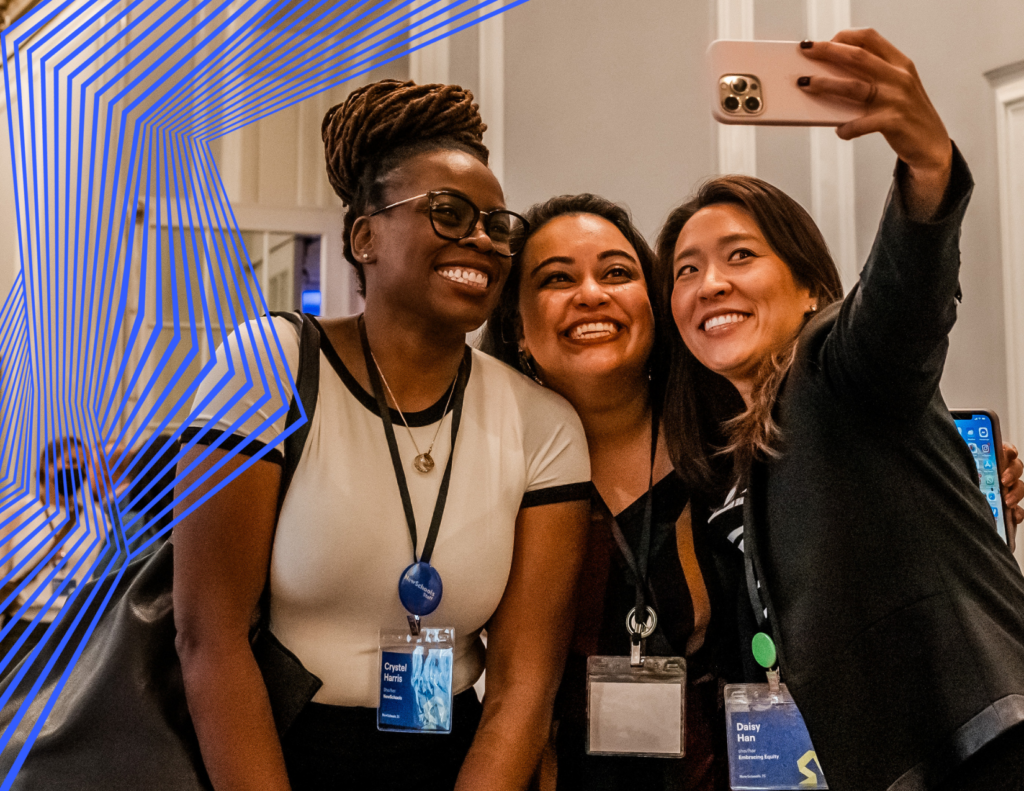This week at Summit, we had the opportunity to explore a topic near and dear to my heart — expanding the definition of student success. I firmly believe that all children must develop strong literacy and numeracy skills. We simply must ensure that our students graduate with that critical foundation. But it’s also important to acknowledge that those skills alone will not prepare them for their most ambitious dreams and plans.
“We have to re-align our sense of what student work needs to look like,” said Scott Hartl of Expeditionary Learning. He then shared a second grader’s research project on snakes. Bolstered by a narrative voiceover and sound effects, the remarkable piece of student work below exemplified the depth and sophistication his organization expects of students and schools it supports.

Wow! I completely agreed with Pamela Cantor of Turnaround for Children, who observed, “It’s a picture of what’s possible. It’s a picture of what kids are capable of.”
But are rich, multi-faceted research projects really at odds with our prevailing definition of student success? I don’t believe so. Activities like this provide fantastic opportunities for students to practice and apply a wide range of ELA standards in an authentic, engaging way. At the same time, complex tasks and projects require students to employ other types of knowledge, skills, habits and mindsets that are arguably just as valuable to their long-term success. Shouldn’t we acknowledge and measure them too?
Of course we should, but how do schools get started? Kelly Garcia, a school leader at Summit Public Schools, reflected on the task her organization faced in promoting and assessing student work like this: “As a nation, we haven’t come to a consensus on what we mean by [an expanded definition of student success], but at Summit we have.” She then described how her entire network took it upon themselves to develop a unified and holistic vision of student success (below), along with common rubrics that teachers use across grade levels and subjects to assess student work.

At NewSchools, we are encouraged by the efforts of these leading organizations and others like them. But we also don’t believe that every school needs to develop its own custom frameworks and rubrics. As we move forward into our new strategy, we want to keep this conversation alive. We intend to partner with interested schools, researchers and other experts to share ideas and promising practices.


